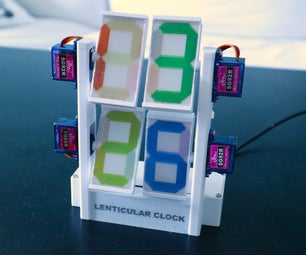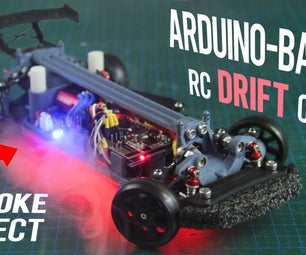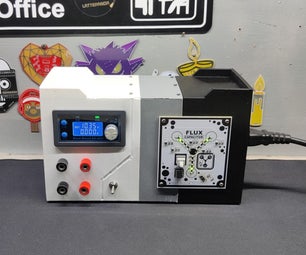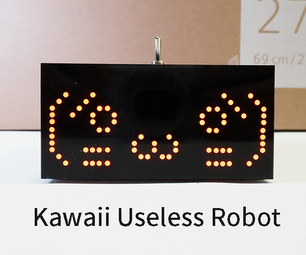Introduction: Cleaning Up Your PCB
I use flux for all my soldering. It tends to leave a yellow residue I am sure most people who have soldered something are familiar with. So I found an easy, and cheap, way to clean up my solder areas while I am working.
You will need an acid brush (the cheap type with the tin handle), a liquid dispenser like a pump bottle or wash bottle, a solvent, and some type of paper wipe. See the photos to see what the brush and the bottles look like.
I like to use 90% (or higher) isopropyl alcohol for cleaning. It doesn't cost much, evaporates quickly, and has a lot less chemicals in it than most other PCB cleaners. Check to make sure the isopropyl alcohol will not harm anything you're working with. I haven't found anything I have soldered yet which it has had any sort of detrimental effect on. USE LATEX GLOVES AND GOGGLES WHEN USING ISOPROPYL ALCOHOL. ONLY USE ISOPROPYL ALCOHOL IN A WELL VENTILATED AREA.
Kimberly-Clark Kimwipes work well as a paper wipe but I find single ply, hard and "scratchy", no-name brand toilet paper does the job just as well. Don't use Charmin or some soft and fluffy brand as it will leave fibers/lint on your PCB.
Cut the acid brush so you have an angle on the bristles. The short side is for scrubbing, the long side is to get into hard to reach places. Dip the brush in the isopropyl alcohol, or wet the area with the wash bottle, and scrub the flux residue, or whatever else you need removed, off. Wipe with a paper wipe to get the majority of the solvent off. If you're using isopropyl alcohol, the rest will evaporate.
You will need an acid brush (the cheap type with the tin handle), a liquid dispenser like a pump bottle or wash bottle, a solvent, and some type of paper wipe. See the photos to see what the brush and the bottles look like.
I like to use 90% (or higher) isopropyl alcohol for cleaning. It doesn't cost much, evaporates quickly, and has a lot less chemicals in it than most other PCB cleaners. Check to make sure the isopropyl alcohol will not harm anything you're working with. I haven't found anything I have soldered yet which it has had any sort of detrimental effect on. USE LATEX GLOVES AND GOGGLES WHEN USING ISOPROPYL ALCOHOL. ONLY USE ISOPROPYL ALCOHOL IN A WELL VENTILATED AREA.
Kimberly-Clark Kimwipes work well as a paper wipe but I find single ply, hard and "scratchy", no-name brand toilet paper does the job just as well. Don't use Charmin or some soft and fluffy brand as it will leave fibers/lint on your PCB.
Cut the acid brush so you have an angle on the bristles. The short side is for scrubbing, the long side is to get into hard to reach places. Dip the brush in the isopropyl alcohol, or wet the area with the wash bottle, and scrub the flux residue, or whatever else you need removed, off. Wipe with a paper wipe to get the majority of the solvent off. If you're using isopropyl alcohol, the rest will evaporate.

Finalist in the
Electronics Tips and Tricks










